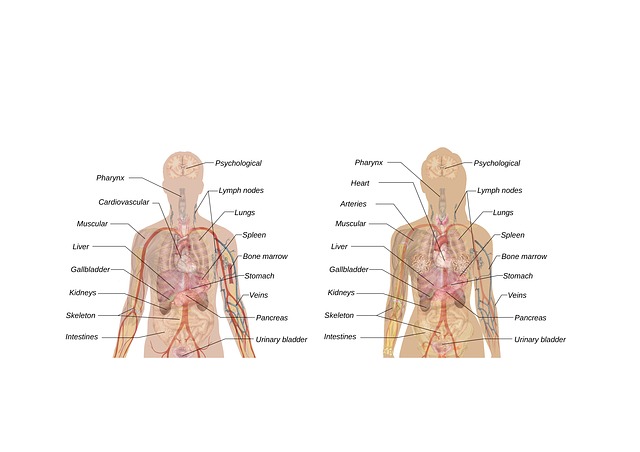The first immunosuppressant to prevent rejection of lung transplantation!
- Normal Liver Cells Found to Promote Cancer Metastasis to the Liver
- Nearly 80% Complete Remission: Breakthrough in ADC Anti-Tumor Treatment
- Vaccination Against Common Diseases May Prevent Dementia!
- New Alzheimer’s Disease (AD) Diagnosis and Staging Criteria
- Breakthrough in Alzheimer’s Disease: New Nasal Spray Halts Cognitive Decline by Targeting Toxic Protein
- Can the Tap Water at the Paris Olympics be Drunk Directly?
The first immunosuppressant to prevent rejection of lung transplantation!
The first immunosuppressant to prevent rejection of lung transplantation! Astellas Prograf (tacrolimus) approved in the United States for new indications: based on real world evidence (RWE)!

The U.S. Food and Drug Administration (FDA) recently approved Astellas Prograf ( common name: tacrolimus, tacrolimus) a new use, combined with other immunosuppressive agents, It is used in adult and pediatric patients receiving lung transplantation to prevent organ rejection. This approval is based on a non-invasive (observational) study that provides real-world evidence (RWE) of validity.
In the United States, Prograf was initially approved for the prevention of organ rejection in liver transplant patients, and was later approved for the prevention of organ rejection in kidney and heart transplant patients. Prograf is also frequently used in the clinical practice of lung transplant patients.
This FDA approval marks the first approval of an immunosuppressant drug to prevent rejection in adult and pediatric patients undergoing lung transplantation. Prograf is the only immunosuppressant drug approved for use in this population.
This approval reflects: Under FDA regulations, a well-designed, non-invasive study based on fit-for-purpose real world data (RWD), when compared with a suitable control, is how It is considered adequate and well-controlled.
Specifically, to support the approval of the non-invasive research for this new indication, with the support of the U.S. Department of Health and Human Services (HHS), the RWD from the U.S. Scientific Registry of Transplant Recipients (SRTR) was used. These data are collected from all lung transplant cases in the United States, and the Death Master File of the US Social Security Administration (SSA) serves as a reliable repository of death data to provide supplementary information. Data show that compared with a well-documented natural history of transplantation drugs with no or very few immunosuppressive therapies, lung transplant patients treated with Prograf as part of a multi-drug immunosuppressive regimen have significantly improved outcomes.
In addition to RWE from non-interventional studies, randomized controlled trials using Prograf in other solid organ transplants have provided conclusive evidence of effectiveness. Other clinical trial evidence from research publications supports Prograf’s independent contribution as part of a multi-drug immunosuppressive program.
In terms of medication, Prograf can only be prescribed by doctors who are experienced in immunosuppressive therapy and organ transplant management. Patients receiving medication should be managed in facilities equipped with sufficient laboratories and supporting medical resources. Prograf is associated with an increased risk of developing lymphoma and other malignancies, and an increased susceptibility to bacteria, viruses, fungi, and protozoa, including opportunistic infections.
In some countries, Prograf (Tacrolimus Capsules, Injections) is indicated for: prevention of graft rejection after liver or kidney transplantation, and treatment of liver or kidney transplantation that cannot be treated with other immunosuppressive drugs after liver or kidney transplantation. Controlled graft rejection.
In addition, there is also a tacrolimus sustained-release capsule. The indications are: prevention of graft rejection after kidney transplantation, prevention of graft rejection in the maintenance period after liver transplantation, treatment of kidney or liver transplantation and other applications A graft rejection that cannot be controlled by immunosuppressive drugs.
In August 2020, tacrolimus particles were approved to prevent graft rejection after liver or kidney transplantation in children, and to treat graft rejection that cannot be controlled by other immunosuppressive drugs after liver or kidney transplantation in children.
(source:internet, reference only)
Disclaimer of medicaltrend.org
Important Note: The information provided is for informational purposes only and should not be considered as medical advice.



